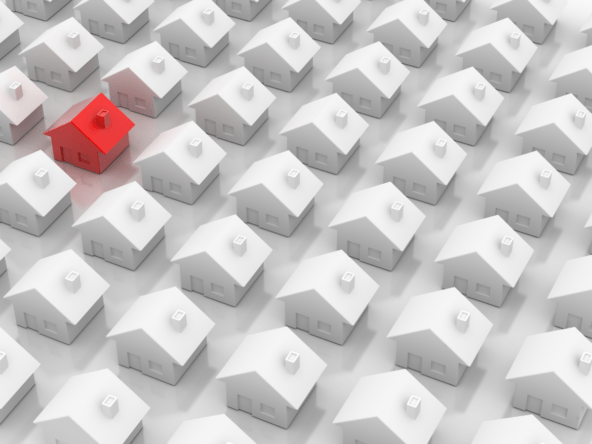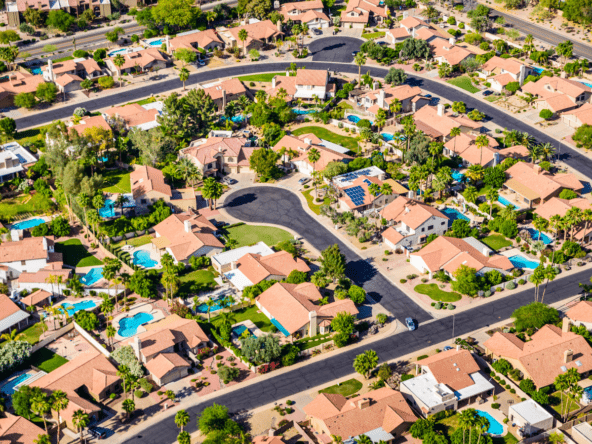We’ve all been there. You click on the listing to find out…it’s way out of your price range. But you keep scrolling because you just can’t help yourself. Suddenly, you see it. That perfect house, in your perfect neighborhood, and it’s…wait for it…wayyyyyyyyy overpriced. But you think to yourself, “It’s okay. They’re just leaving room for negotiation.” WRONG. So wrong. Here’s the thing about over-pricing your home: it backfires more often than not. In today’s market, buyers are savvier than ever before. They know what your house is worth because they’ve done their research. And if your house is priced significantly higher than comparable properties (comps), they’re going to move on.
Why You Shouldn’t Over-Price Your Home
There are a few reasons why over-pricing your home is a bad idea:
1. It will turn off potential buyers: If a buyer sees that your home is significantly overpriced, they’re going to assume that you’re either uninformed about your home’s value or you’re unrealistic about what you’re willing to accept for the property. Either way, they’re going to move on to a different listing.
2. It will decrease the number of showings: If potential buyers see that your home is overpriced, they probably won’t bother scheduling a showing—why waste their time when there are other properties on the market that are priced closer to what they’re actually willing to pay?
3. It could result in a lower final sale price: If you do manage to get someone in the door for a showing, and they do make an offer, that offer is likely to be much lower than your asking price—leaving you with the same dilemma you started with plus the added stress of dealing with an unimpressed buyer who feels like they wasted their time.
4. It takes longer to sell an overpriced home: In most markets, homes that are priced closer to their actual value tend to sell faster than those that are overpriced—and in today’s fast-paced world, time is money. The longer your home sits on the market without selling, the more money you’re losing out on in potential interest and mortgage payments. Not to mention, every day that goes by without a sale means additional costs like utilities and homeowners insurance (which isn’t cheap).
5. It gives buyers the upper hand in negotiations: If you do manage to get someone interested in buying your overpriced home, chances are good that they’re going to try to lowball you in negotiations because they know you’re desperate—and no one likes being taken advantage of.
Conclusion
So, what’s the verdict? Should you overprice your home in order to get a higher final sale price? Unfortunately, the answer is no. There are several reasons why overpricing your home is not a good idea. It will turn off potential buyers, decrease the number of showings, and could even result in a lower final sale price. In addition, it takes longer to sell an overpriced home. Buyers have the advantage in negotiations when there is less competition for the property. Therefore, it’s best to contact us to get an accurate price estimate for your home – so that you can maximize its selling potential. Call now: (602) 448-7377





